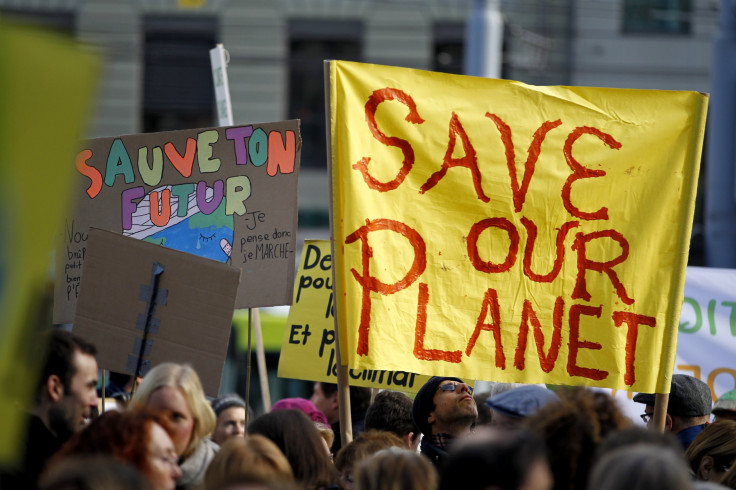Climate Change 2017: Are World Bank Loan Schemes Encouraging Use Of Fossil Fuels?

A report released Thursday by the transparency advocacy group Bank Information Center (BIC) has asserted that the World Bank policy loans have undermined the use of clean and renewable energy and have encouraged projects that support the use of fossil fuels.
The report, which studies the World Bank's Development Policy Finance (DPF) operations in Indonesia, Peru, Egypt and Mozambique, found that the global lender encouraged use of fossil fuels in the three of the aforementioned countries (Indonesia, Egypt and Mozambique) by introducing coal subsidies — despite having pledged to use DPF in the World Bank's Climate Action Plan to help nations evolve into low-carbon emitting economies, and to help these nations meet their targets of reducing emissions, as outlined in the Paris Climate Agreement.
At $15 billion in 2016, DPF accounts for one-third of the lender's total funding.
"The findings were really shocking for us because in all of the countries, across the board, the Bank actually created new fossil fuel subsidies, which directly goes against what the Bank wants to achieve…the World Bank has pledged to help countries adopt a low-carbon development path specifically by phasing out fossil fuels subsidies and promoting a carbon tax…however, the Bank's policy lending does the opposite by introducing tax breaks for coal power plants and coal exports infrastructure," Nezir Sinani, BIC's Europe and Central Asia manager, told BBC News.
The report also asserted that World Bank policies were responsible for turning Mozambique and Indonesia into major coal exporters.
However, World Bank officials disputed the claims of the report and said that it did not reflect the wider work that it has done with the aforementioned countries.
"We are deeply disappointed that after close cooperation with BIC on this report, their findings grossly misrepresent the World Bank's engagement in these countries…the report does not capture the World Bank's broader energy work, which involves not only development policy loans, but a mix of interventions - policy reforms, investments, technical assistance - that work together to promote climate-smart growth and increased energy access…in each of the countries mentioned in the report, the World Bank's development policy loans do not promote the use of coal, but help support a shift towards a cleaner energy mix and low carbon growth," World Bank officials reportedly told BBC.
© Copyright IBTimes 2024. All rights reserved.






















